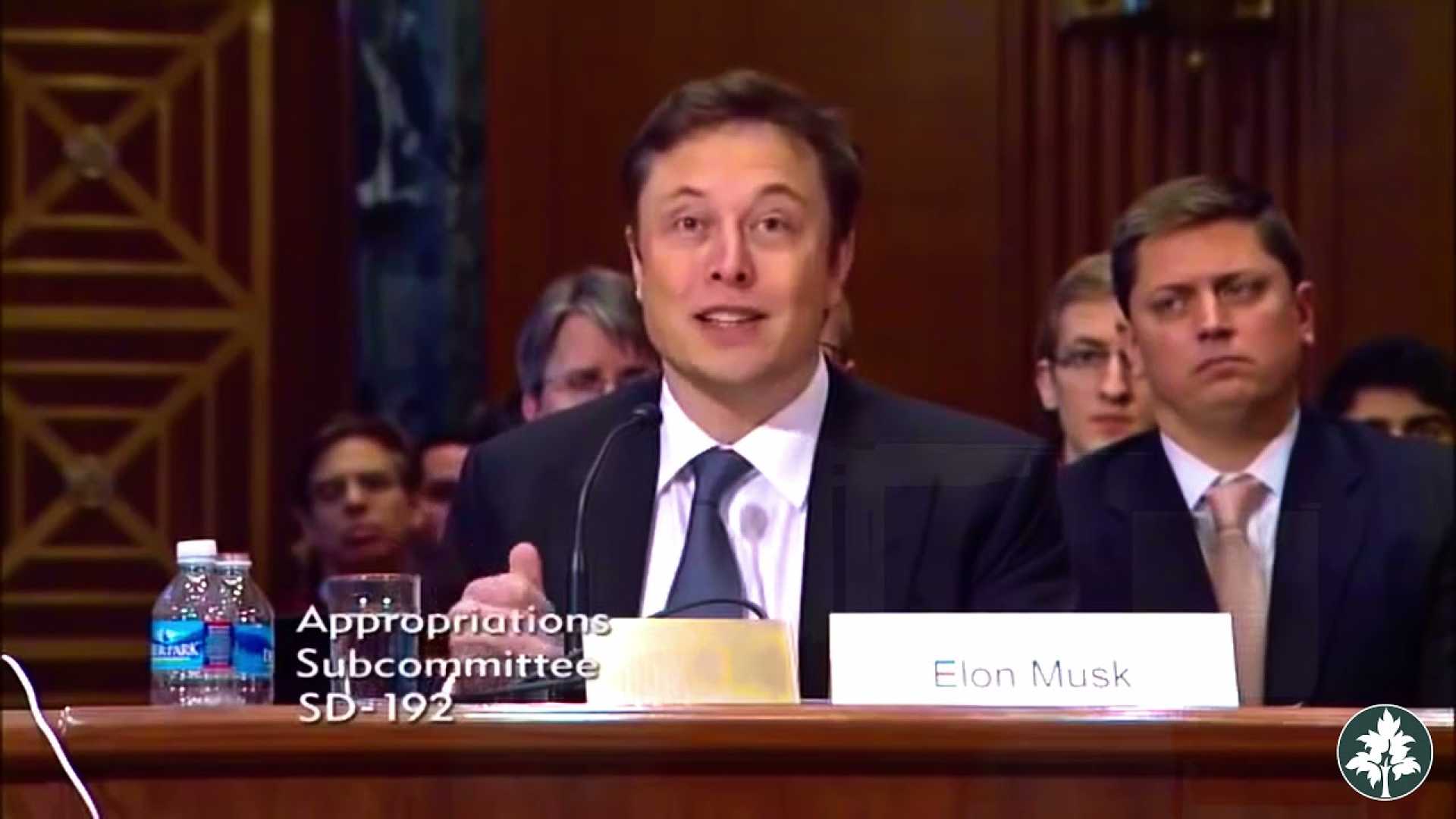Politics
Republicans Block Subpoena for Elon Musk Amid Controversial Government Reform Initiative

WASHINGTON, D.C. — House Republicans on Wednesday blocked efforts by Democrats to subpoena tech billionaire Elon Musk. This decision halted attempts to bring Musk before Congress to address concerns regarding the activities of his Department of Government Efficiency (DOGE) within federal agency computer systems.
The call for a subpoena emerged during a House Oversight and Government Reform Committee hearing focused on federal government size and efficiency. Ranking member Gerry Connolly, D-Va., advocated for Musk to testify as a witness at the “earliest possible moment.” Despite support from Democratic colleagues, the motion was tabled by Republican members.
Democratic lawmakers seek answers from Musk following reports of the DOGE’s involvement in a shutdown of agency systems and allegations concerning unauthorized access to information at the Office of Personnel Management. DOGE workers were reportedly granted access to systems at the Treasury Department, raising alarms about security breaches.
“Some of the reported DOGE work on government IT systems could pose substantial risks,” said William Resh, an associate professor at the University of Southern California’s Sol Price School of Public Policy, during the hearing. He voiced concerns regarding the privileged information that the DOGE team might exploit for private interests.
Democrats on the House Homeland Security Committee, led by Rep. Bennie Thompson of Mississippi, criticized DOGE, stating in a letter that “DOGE is running roughshod across federal networks, accessing untold amounts of information about Americans in complete disregard for security and privacy standards.” Meanwhile, Rep. Nancy Mace, R-S.C., defending DOGE, described its mission as vital for enhancing government accountability and efficiency.
Mace emphasized, “It is time to reign in the bloated bureaucratic spending and make the federal government more efficient, and we support DOGE in this mission.” Her counterpart, Shontel Brown, D-Ohio, countered that Musk holds an “unelected, unauthorized position” and accused him of undermining government integrity.
Rep. Brown expressed commitment to holding the government accountable and collaborating with Republicans on overlapping interests. Additionally, Democratic lawmakers are seeking transparency from Charles Ezell, OPM’s acting director, about IT equipment installations during the Trump administration and the handling of federal employee personal data.
In a letter, they criticized the Trump administration’s actions at OPM, citing “gross negligence” and a lack of safeguarding measures for sensitive data. They demand to know if personal information has been improperly distributed outside government networks.
The scrutiny of Musk and DOGE has intensified as reports reveal a broad range of initiatives aimed at reforming the federal government, including overhaul efforts targeting various agencies. Despite public promises of transparency, many details about DOGE’s operations remain ambiguous.
The overarching message from DOGE’s leadership emphasizes substantial government reform through drastic budget cuts. Musk has acknowledged that initial projections of $2 trillion in savings likely will not be achieved, stating, “I think we should be spending the public’s money wisely.” He hinted at the potential closure of certain agencies and considerable staff reductions.
The administration’s controversial approach, characterized by some as operating outside traditional bureaucratic norms, has drawn mixed reactions from lawmakers and experts alike. While some praise DOGE’s aim to streamline government functions, others express skepticism regarding the feasibility and legality of its initiatives.
As the debates unfold, questions surrounding the role and authority of unelected individuals in government reform continue to dominate discussions in Congress. Musk’s influence and direction at DOGE remain significant points of contention, framing a larger narrative around the balance of power and the future of federal governance.












